Author: Andrew Munroe
-
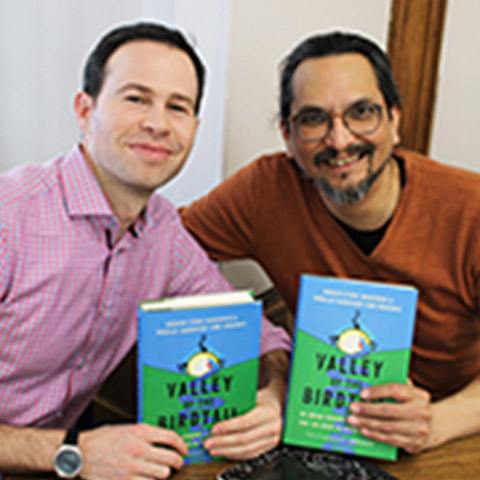
VALLEY OF THE BIRDTAIL: AN INDIAN RESERVE, A WHITE TOWN, AND THE ROAD TO RECONCILIATION
A conversation between Andrew Stobo Sniderman and Professor Douglas Sanderson (Amo Binashii), moderated by Dr. Tricia Logan. Mr. Sniderman is a writer, lawyer and Rhodes Scholar. Prof. Sanderson is Beaver Clan, from the Opaskwayak Cree Nation, and is deeply engaged in Aboriginal issues from a policy perspective. Mr. Sniderman and Prof. Sanderson wrote the award…
-
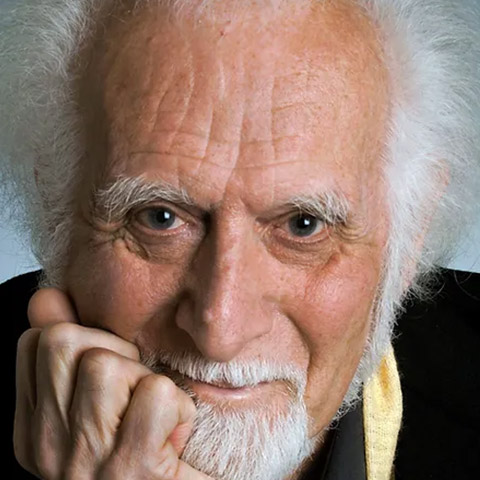
HOW THE ARTS ARE CENTRAL TO A HEALTHY DEMOCRACY
Mr. Max Wyman, OC is one of Canada’s foremost cultural commentators. For more than three decades he wrote arts criticism for The Vancouver Sun and CBC Radio. Mr. Wyman is the author of a number of books, among them Dance Canada: An Illustrated History (1989), The Defiant Imagination: Why Culture Matters (2009), and its sequel…
-

Microfinance in Cambodia
Microfinance was hailed as a way to change the lives of hundreds of millions of people without access to credit. Global Reporting Program fellow Hanna Hett reports that in Cambodia, borrowers are now drowning in debt and being forced off their land.
-

Empowerment Journalism Guide
The Empowerment Journalism Guide from the GRC is now available! Read the guide at globalreportingcentre.org/empowerment-guide
-
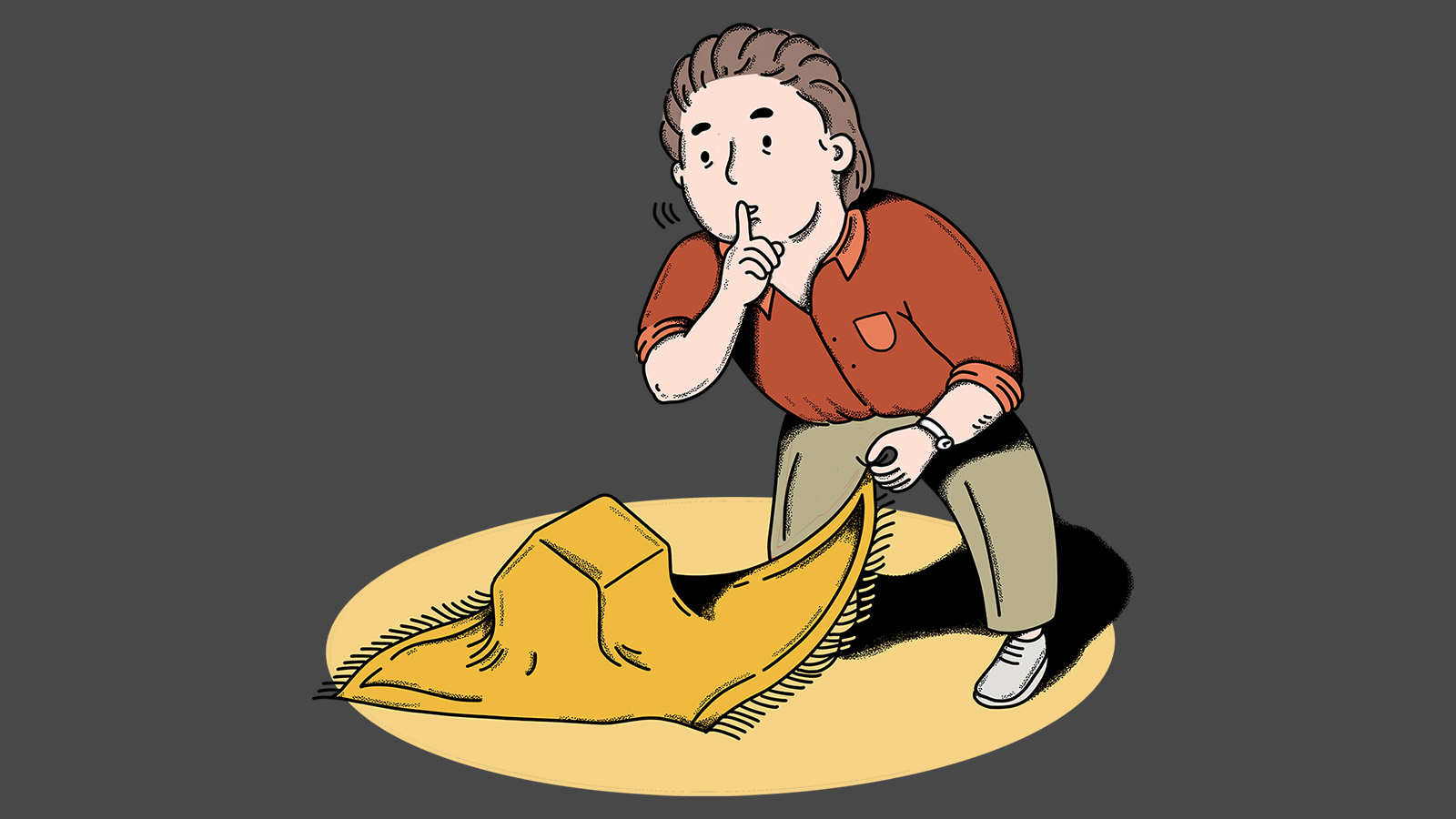
Trust us: Inside the Jersey Offshore investigation
A four-part podcast series produced by the GRC and European Investigative Collaborations, in partnership with TRACE International’s Bribe, Swindle or Steal. The series tells the fascinating and little-known story about a trove of leaked documents exposing the machinations of a trust company in Jersey, Britain’s notorious tax haven.
-

Statement on Meta’s news block in Canada
In response to Meta blocking news from its platforms in Canada, the GRC will no longer post on Facebook, Threads, or Instagram at this time.
-
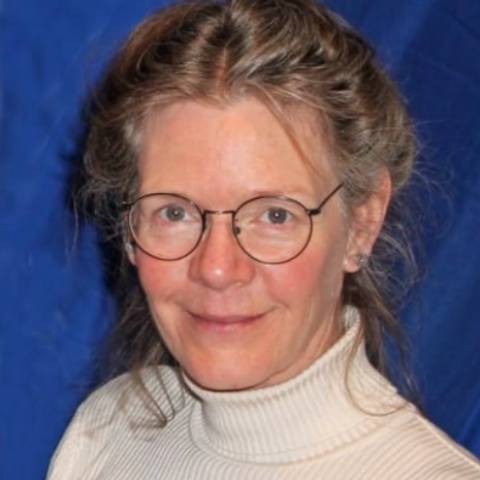
THINKING AS POLITICS: THE MORAL DIMENSIONS OF POETRY
Dr. Jan Zwicky, C.M. is one of Canada’s most respected artists and intellectuals, known equally for her original work in philosophy and her poetry, and translated into a number of European languages. Her writing has covered issues in music, poetry, philosophy, and the environment.
-
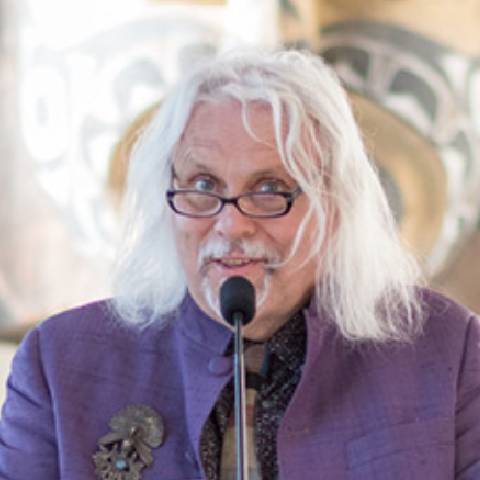
THE UBC MUSEUM OF ANTHROPOLOGY: A COLLECTION FIT FOR THE NATION(S)
Dr. Anthony Shelton was Director of MOA for seventeen years. A researcher, curator, teacher and administrator, Dr. Shelton’s interests include Latin American, Iberian and African visual cultures, Surrealism, the history of collecting, and critical museology.
-
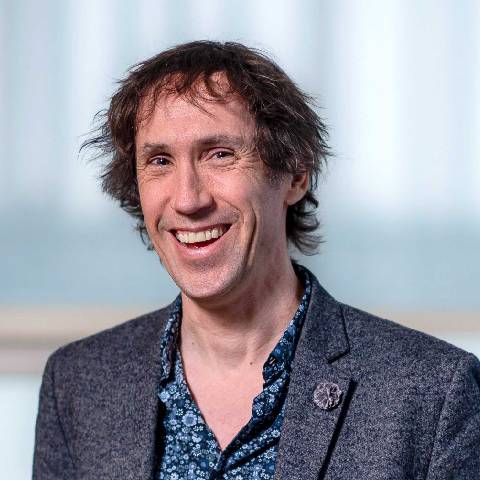
UNDERSTANDING ARTIFICIAL INTELLIGENCE
Dr. Kevin Leyton-Brown’s research addresses issues in computational game theory; also in market design, analysis and clearing, as well as the application of machine learning to the automated design and analysis of algorithms for solving hard computational problems. He is a Fellow of the Royal Society of Canada, the Association of Computing Machinery, and the…
-

LOCAL JOURNALISM AND A HEALTHY DEMOCRACY
Harold Munro studied journalism at Kwantlen Polytechnic University, then took a job at a newspaper in Terrace BC, before returning to the coast in 1986 to join the Vancouver Sun as a general assignment reporter. He is now Editor-in-Chief of both the Vancouver Sun and Province newspapers.
